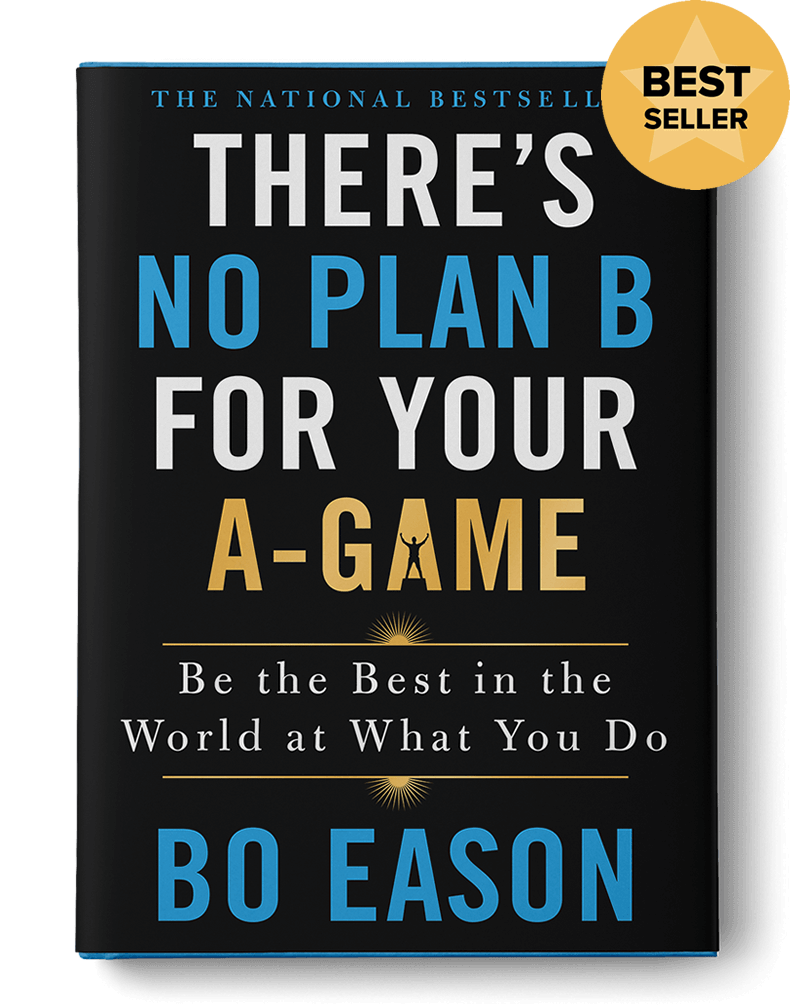Bo: Joan lets talk about brain integration and storytelling and what they have to do with each other.
Joan: Let’s do brain integration, storytelling and health. What’s so interesting about this is an integrated brain is a healthy brain. So what exactly does that mean? It means that the left hemisphere of our brain and the right hemisphere of our brain are coordinating and integrating together, and when they do that, our brain is actually working more efficiently and more effectively and we’re healthier. If I haven’t worked through my stories and I’m always flooded with emotion then my right hemisphere is in charge. If I’ve shut down on all my emotion and I’m rigid and monotone and not very engaged and kind of flat, then my left hemisphere is in charge. Too rigid, too left hemispheric. Too chaotic, too flooded, then too right hemispheric. What we want is a brain that actually does both.
The interesting thing about when we start to tell our stories, what ends up happening is the brain actually gets more integrated. So the left hemisphere is logical, it’s linear and it uses language. The right hemisphere is a lot of our autobiographical memories, it’s feeling, it’s bodily sensations, it’s everything else but the words. So when we start to tell our stories, we’re literally taking words and integrating them with experience. So words from our left integrate with experience from our right. As soon as we do that, we integrate the brain. An integrated brain is a healthy brain. And the other thing to think about here is that lots of time when we haven’t told what’s going on in our lives then it’s like you have all these disparate episodes of your life that don’t make sense. In a chronological order, I couldn’t narrate then the story of my life. Instead, if I start to tell my stories, then again by integrating the brain, I also start to create a chronological history.
Bo: Like a thematic …
Joan: A thematic history of my life so I have more of a coherent narrative of my life. So I go from all these disparate episodes to this coherent narrative. So to tell your story, and to make sense of your stories, helps the brain be more integrated and the result is you become much more emotionally healthy.
Bo: Wow. That’s cool. That is really cool. I think I said this before that I didn’t set out to tell stories for health but you get health. It’s so cool. Let’s talk about this going forward. So you’re starting to tell your stories, you’re getting this integration, you’re starting to get optimum health, people are starting to follow you. And this theme seems to keep recurring in your whole life, like from the time you’re 8 to the time you’re 55, and you kind of see your life as this story. Going forward, the story that you tell yourself, or our kids, how we talk to them about their stories and who they are going forward, how does that all work?
Joan: So two different trails there. With the kids, what becomes super important, especially if you have young children but even if you have adolescents, engage them in storytelling. Ask them to talk about the experiences in their life, actually narrate their experiences. When a child narrates his or her experience, they make more sense of it and they remember it better. A lot of times I’ll engage with people and they go, “Well I don’t remember my childhood.” They probably shut down on the experience and never described what they were feeling or what they thought about what they went through. So super important, not only for you but for your kids, ask them to put words to their experience and then they’ll actually be healthier as they grow up because they’ve made meaning of it. They’ve talking about the impact. And then, again, they’ll remember those experiences in childhood through adulthood.
Bo: Wow. That’s the power of storytelling. Take on your own life.
Joan: Let’s take the second trail we mentioned earlier. The interesting thing is even if we’ve identified, “This is who we say we are,” from 8 to 55 or whatever it is …
Bo: Hey, I’m disciplined or I’m a hard worker or whatever it is … or I’m lazy, that’s our story.
Joan: That’s what we’ve claimed as our story. The interesting thing is that once you make sense of your story. Once you understand the impact and meaning the experiences you went through have had on your life then you can actually let go of that story and choose to be something different. That’s the beauty of it. It’s like, I don’t have to continue to be who I was told I was, and I don’t have to continue to be who I thought I was. I actually get to choose, once I’ve made sense of something, to be something different than I was. It’s so freeing.
Bo: Like for the first time, you are the actual author in charge of the story of your life going forward.
Joan: Exactly.
Bo: That way, you’re not victimized anymore by the story of your life.
Joan: Much more powerful and much more fully expressed.
Bo: You’ve probably heard me say this before, especially if you’ve ever been to my events with Joan, is all of this stuff that we’re talking about—storytelling, health, expression—it’s all been very guttural and kind of instinctual and primitive for me. And so when Joan and I are working together, she always puts words to the instinct that I’m feeling. I’m trying to tell my story just to express myself, but getting all this health over here and that’s something I never set out to do. That’s why I think it’s the one thing you must take on in life.
Joan: Absolutely. One of the single most important things you can do is to take the time to make sense of your life stories. How did they impact you? What meaning did they hold? Who did you become when you first experienced them? What choices did you make? And who did you then become as an adult? How did they impact you well into adulthood? Make sense of that material. Make sense of those life experiences.
Once you do that, you free the emotion and you have changed beliefs about yourself. And, as you were talking about earlier, you also find your voice in that and then you’re more fully expressed. You just free your expression, more choice—more power.

